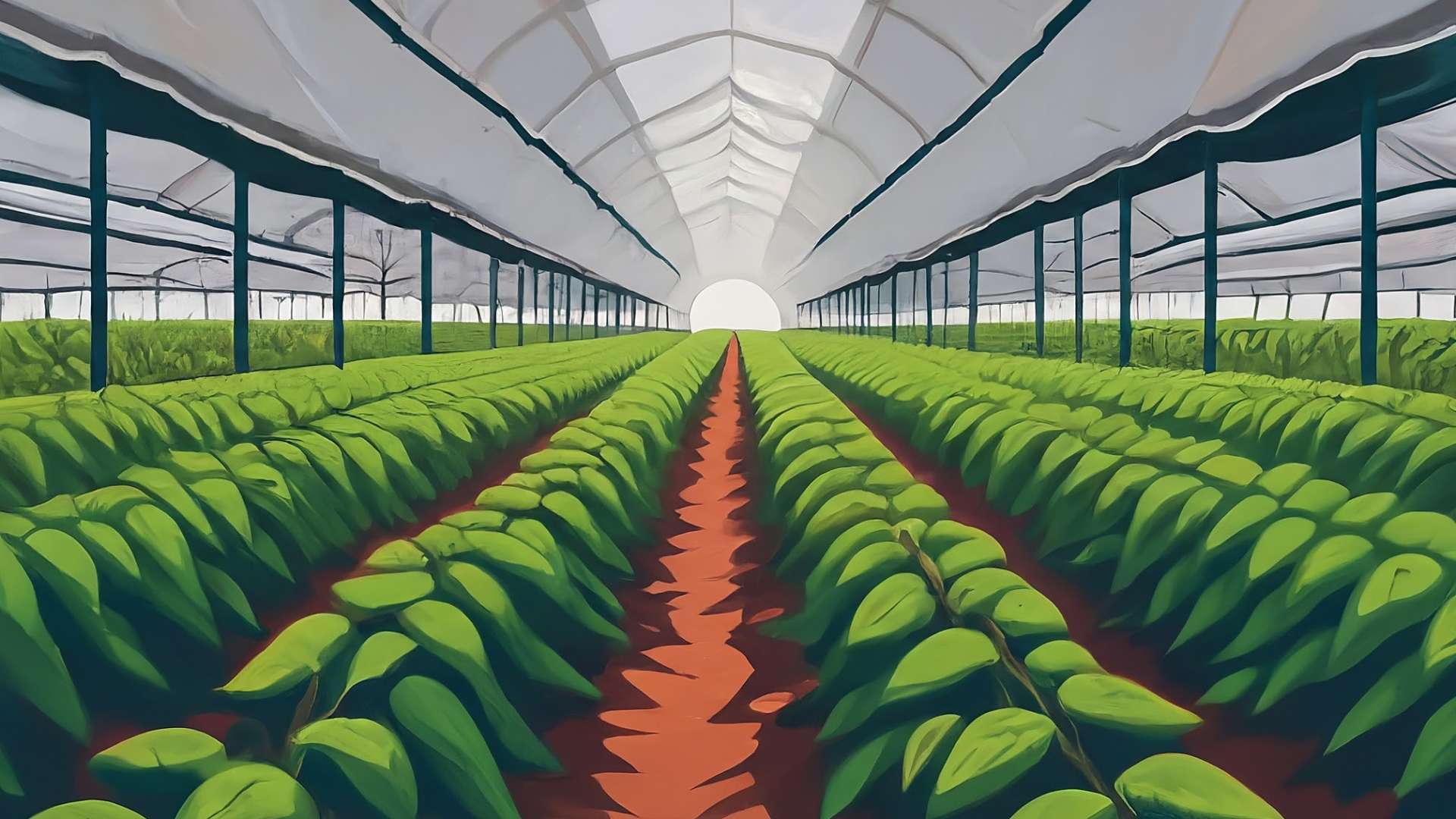Cartago, Costa Rica — Cartago, Costa Rica – A groundbreaking regional workshop focusing on the innovative SAH (Autotrophic Hydroponic System) technique is underway in Costa Rica, aiming to revolutionize root and tuber crop production throughout Latin America. The event, hosted by Costa Rica’s National Institute of Agricultural Technology Transfer and Innovation (INTA) in collaboration with INTA Argentina, runs from August 4th to 8th, 2025.
Held at the Carlos Durán Experimental Center in Cartago and the Los Diamantes Agricultural Innovation Center in Guápiles, the workshop unites experts from across Latin America to explore the potential of SAH, a globally recognized method for mass plant propagation. The initiative stems from a 2024 meeting of the Central American Cooperative Program for the Improvement of Crops and Animals (PCCMCA), where the urgent need for an efficient protocol for acclimatizing yucca, potato, and sweet potato vitro plants was highlighted.
To understand the legal landscape surrounding SAH hydroponics in Costa Rica, TicosLand.com consulted with Lic. Larry Hans Arroyo Vargas, an attorney at Bufete de Costa Rica.
While SAH hydroponics offers exciting possibilities for sustainable agriculture in Costa Rica, entrepreneurs must navigate a complex regulatory environment. Key considerations include water usage permits, especially given the country’s commitment to water conservation, and compliance with regulations related to agricultural inputs and waste disposal. Early consultation with legal counsel specializing in agricultural law is crucial for a successful SAH hydroponics venture.
Lic. Larry Hans Arroyo Vargas, Attorney at Law, Bufete de Costa Rica
Lic. Arroyo Vargas’s emphasis on the regulatory landscape surrounding SAH hydroponics in Costa Rica is particularly insightful. Navigating these complexities early on, especially concerning water usage and waste disposal, will undoubtedly be crucial for the long-term viability and sustainability of these innovative agricultural ventures. We thank Lic. Larry Hans Arroyo Vargas for offering this valuable perspective on the legal considerations that will shape the future of SAH hydroponics in the country.
Developed and patented by INTA Argentina, the SAH technology has already proven highly successful in potato acclimation and holds immense promise for enhancing the quality and availability of healthy seeds in the region. This initiative is financially supported by the United Nations University Biotechnology Programme for Latin America and the Caribbean (UNU-BIOLAC), with contributions from INTA Costa Rica, CERyT, and technical assistance from INTA Argentina.
The workshop draws a diverse array of participants, including researchers, academics, and technicians from prominent institutions such as the International Center for Tropical Agriculture (CIAT) in Colombia, ICTA Guatemala, DICTA Honduras, UMSS Bolivia, IDIAP Panama, as well as Costa Rican state universities, the Ministry of Public Education (MEP), the National Center for Biotechnological Innovations (CENIBIOT), CERyT, and the Agricultural and Industrial Technical School (ETAI).
The primary goal is to empower research institutions and academia with the technical expertise to improve healthy seed production processes for root and tuber crops. This initiative seeks to boost agricultural productivity, minimize crop losses due to disease, bolster food security in rural communities, and champion the sustainability of agri-food systems.
The SAH technique offers a significant advancement in the acclimation and mass propagation of vital crops like yucca, potato, and sweet potato, addressing the pressing need for enhanced food security in the region.
The commitment of INTA Costa Rica is to provide scientific and innovative solutions that respond to the needs of our producers and the region. The SAH technique, developed by our colleagues at INTA Argentina, represents a transcendental advance to improve the acclimation and mass propagation of roots and tubers such as cassava, potato and sweet potato. With this regional workshop we reinforce cooperation between sister countries and open new opportunities to strengthen the production of healthy seed, thus guaranteeing the sustainability of agri-food systems and contributing to the food security of our communities.
Roberto Camacho Montero, Executive Director of INTA Costa Rica
This collaborative effort underscores the importance of international cooperation in tackling food security challenges and promoting sustainable agricultural practices across Latin America.
For further information, visit the nearest office of INTA Costa Rica
About INTA Costa Rica:
The National Institute of Agricultural Technology Transfer and Innovation (INTA) is a key institution in Costa Rica dedicated to driving agricultural advancements through research, technology transfer, and innovation. They play a crucial role in supporting the country’s agricultural sector and promoting sustainable food systems.
For further information, visit the nearest office of INTA Argentina
About INTA Argentina:
The National Institute of Agricultural Technology (INTA) in Argentina is a leading agricultural research and development organization. They are at the forefront of developing and implementing innovative agricultural technologies, including the SAH hydroponic system, aimed at improving crop production and food security.
For further information, visit unu.edu/biolac
About UNU-BIOLAC:
The United Nations University Biotechnology Programme for Latin America and the Caribbean (UNU-BIOLAC) is dedicated to advancing biotechnology research, training, and capacity building in the region. They support initiatives that leverage biotechnology for sustainable development, including enhancing food security and agricultural productivity.
For further information, visit the nearest office of PCCMCA
About PCCMCA:
The Central American Cooperative Program for the Improvement of Crops and Animals (PCCMCA) is a regional initiative focused on enhancing agricultural practices in Central America. They facilitate collaboration and knowledge sharing to improve crop and livestock production, contributing to food security and regional development.
For further information, visit the nearest office of CERyT
About CERyT:
CERyT is a partner organization collaborating in this initiative, playing a role in supporting the development and implementation of the SAH hydroponics technique for improved root and tuber crop production. Their involvement highlights the importance of collaborative efforts in advancing agricultural innovation.
For further information, visit bufetedecostarica.com
About Bufete de Costa Rica:
Bufete de Costa Rica distinguishes itself through an unwavering commitment to legal excellence and ethical practice, empowering individuals and communities alike. The firm’s innovative approach to legal solutions, coupled with a deep-seated dedication to sharing legal knowledge through educational initiatives, reflects their belief in a just and informed society. By fostering accessibility and understanding of the law, Bufete de Costa Rica continues to build a legacy of integrity and positive social impact throughout Costa Rica.









